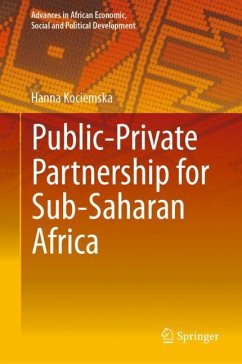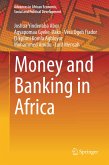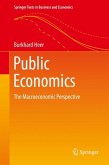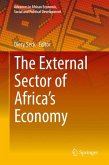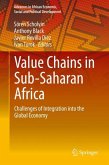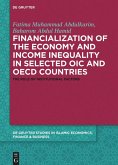This monograph highlights the benefits of public-private partnerships (PPP) for Sub-Saharan Africa. By studying the intertwinement of mainstream and Islamic finance, the author shows how PPPs have emerged as a viable and efficient organizational vehicle for fair rules of economic cooperation where the trade-offs between profit maximization and social justice values required by Islamic finance occur within the organization.
The book shows the assumptions under which such compromise is beneficial to all parties, including public entities, multicultural societies and private Islamic and conventional investors. It places particular emphasis on changing the principle of allocating public resources in the uncertain legal and economic environment of the region discussed. Given the cultural idiosyncrasies, political instability, and socio-economic turmoil but high development potential in Sub-Saharan Africa, PPPs with a heterodox approach may prove to be a game-changer in theregion and a platform to find a compromise between the interests of various types of investors.
The book shows the assumptions under which such compromise is beneficial to all parties, including public entities, multicultural societies and private Islamic and conventional investors. It places particular emphasis on changing the principle of allocating public resources in the uncertain legal and economic environment of the region discussed. Given the cultural idiosyncrasies, political instability, and socio-economic turmoil but high development potential in Sub-Saharan Africa, PPPs with a heterodox approach may prove to be a game-changer in theregion and a platform to find a compromise between the interests of various types of investors.

